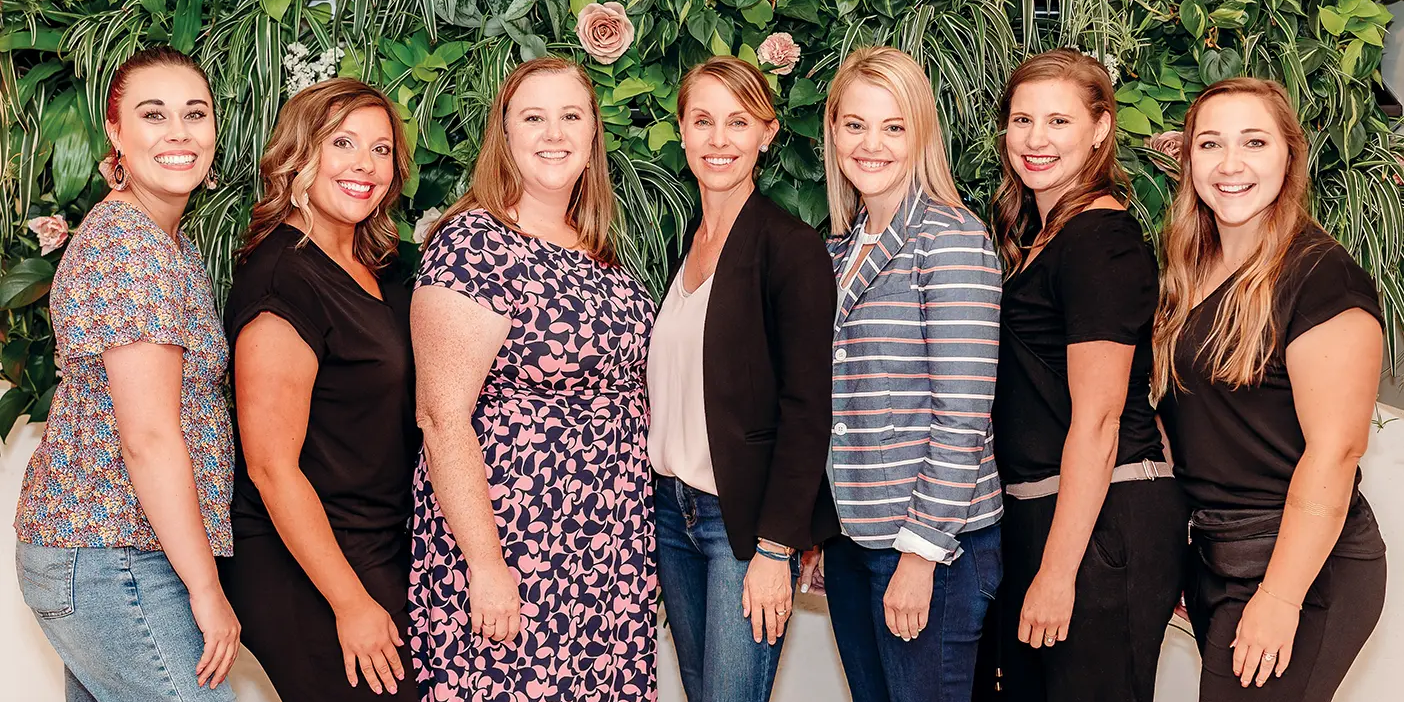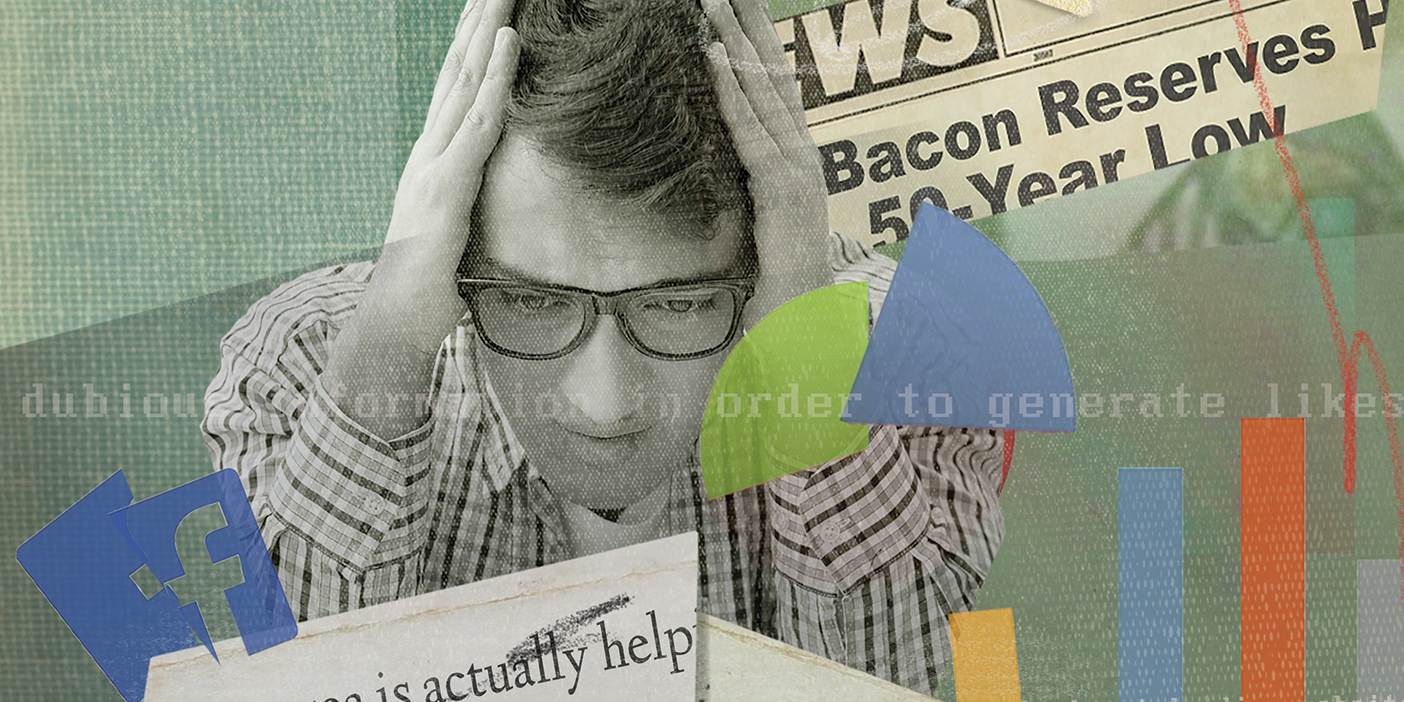
Is it better to be brutally honest or socially sensitive? A bit of both, say BYU business professors.
This January Jeff H. Dyer (BS ’82, MBA ’84) and Taeya M. Howell ( JD ’03) published an article in MIT’s Sloan Management Review exploring the relationship between two emotional forces: psychological safety (a sense of inclusion, respect, and mutual support) and intellectual honesty (extreme candidness in
pursuing truth).
“Psychological safety has gained popularity as an element of an organization’s culture that allows people to feel safe to speak out and voice their ideas without fear of humiliation or punishment,” says Dyer.
But he noticed that some maverick companies, like Apple and Tesla, embraced a different method—unflinching frankness. “Relentlessly questioning and challenging others’ ideas undercut a sense of safety at Tesla and Apple,” Dyer says, “but there was a lot of honesty.”
From surveying employees at more than 60 businesses, Dyer, Howell, and their colleagues discovered that innovation thrives in the balance. “In order to create something new, you have to have a lot of ideas out there,” Howell says. And ideas proliferate only if people are willing to openly voice disagreements and challenge opinions. On the other hand, Howell says, individuals contribute only if they feel that their ideas will be heard and valued.
Dyer sees implications beyond the boardroom, including in church service. Respectfully disagreeing with a bishop or Relief Society president can push wards “a little bit more towards the innovation zone,” Dyer says.
“[Jesus] challenged us to be better,” Howell adds. “He did it with respect and love but still pushed us to improve . . . . That’s how we grow.”












